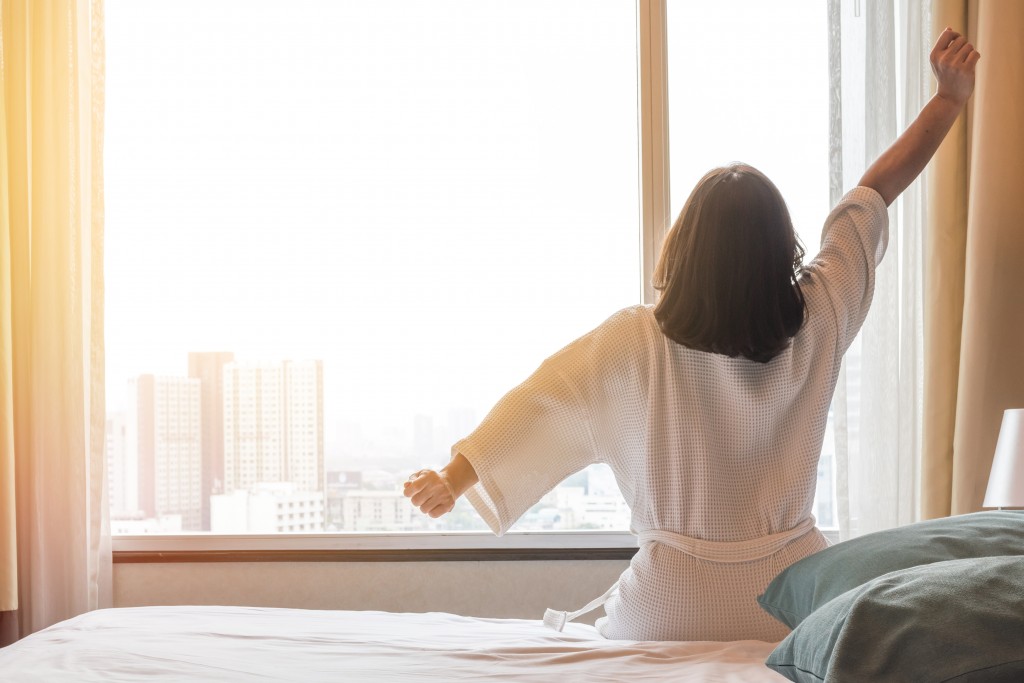We carry the baggage of yesteryears on our shoulders. Even the simplest thing from our childhood could have an impact on our adulthood. Why do you think you keep on buying those sneakers even if you don’t use them? Why are you collecting all those NBA cards now when they are way past their time? Why do you feel paranoid when walking down a dark alley? Is it because you had prior experience with mauling?
In your home, you are responsible for making yourself and your family feel safe. You do all you can. You have a garage door repaired, so burglars don’t have easy access to your house. You install a home security system so that it will alarm you and the police when others try to enter your house. You change the locks and doorknobs regularly. You put up security cameras to see what’s going on in your property even when you’re away.
So why do you feel this obsession with making your home as secure as possible? Why can’t you stop worrying about it? And what does it mean to have your home safe and secure?
Central to Emotional Well-being
Feeling safe and secure at home is central to one’s mental and emotional well-being. How safe you feel in your house can affect your social habits and emotional health. If you feel unsafe in your own home or neighborhood, there’s a chance you cannot develop healthy personal relationships. You won’t even be that productive at work. The feeling of safety is directly connected to one’s ability to relax.
Sleeping in your room and knowing that no one will be able to enter your home are something that many people don’t have the luxury of. Unsafe communities add to the mental and emotional trauma of the people living there. These people couldn’t even sleep for eight hours straight without hearing a fight break down in the street at three in the morning. They fear that criminals could get into their house.
When they wake up in the morning, they are groggy, exhausted, and stressed. They bring these emotions with them to work. They become unproductive at work because they feel unsafe in their own homes.
Effect on Physical Health

But it’s not only emotionally and mentally that people are affected by the safety of their homes. Their physical health suffers, too, when they don’t feel safe in their homes and neighborhoods. People who cannot rest and relax at home are always on edge. The stress will affect their physical health, and they might develop high blood pressure, diabetes, obesity, and heart disease.
These kinds of feelings lead to stress-eating. People who stress-eat are at risk of obesity and other cardiovascular diseases. Not to mention, they could also develop osteosarcopenic obesity, which is a result of deteriorating bone density and muscle mass because of one’s weight.
Your home should be a haven. It should be the one place in this world where you feel the safest. If you don’t feel safe in it or your neighborhood, consider installing home security systems or even moving to another safer community.

